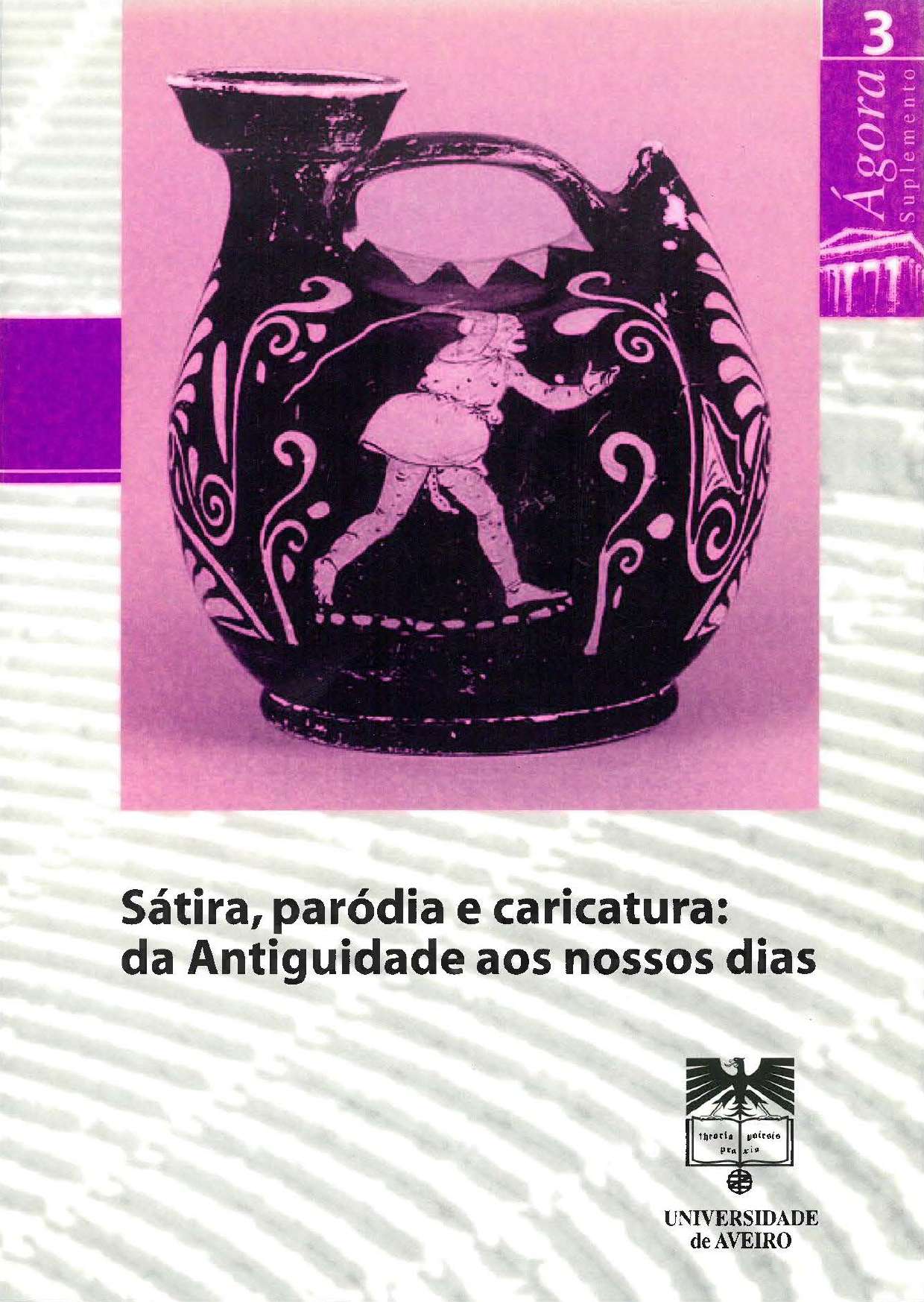La Muse plaisante dans les Dialogues de Platon
Resumo
Trata-se analisar o lugar do ‘cómico’ — dando a esta palavra um sentido muito lato — nos Diálogos de Platão: tudo o que faz rir. Tentarei, pois, mostrar, num primeiro momento, que o ‘cómico’ assim definido está presente de múltiplas maneiras nos textos platónicos, quer se trate de palavras para o exprimir quer de tipos de discurso onde ele se manifesta (pastiche, comédia, fábula, sátira, palhaçadas) quer de personagens que o representam. Ora, como se sabe, não é bom nem fazer rir, nem tirar prazer do riso porque, na melhor das hipóteses, isso implica transformar-se em ‘palhaço (bômolochos)’ ou em ‘autor de comédia (kômôidopoios)’, e, na pior, gostar e alegrar-se com aquilo que se deveria detestar por causa da sua perversidade: o vício (to kakon) e o disparate (to aphron). Convirá, pois, interrogarmo-nos sobre esta aparente contradição e tentar justificá-la.










